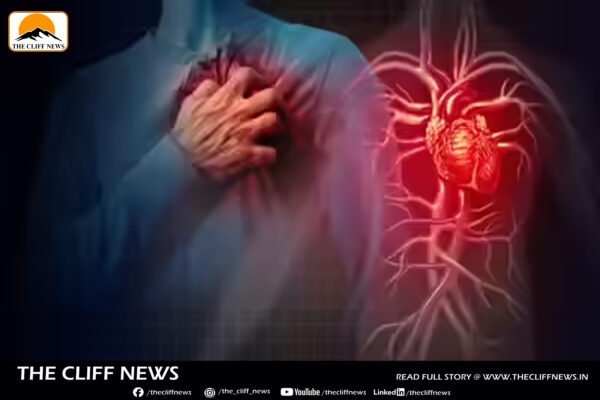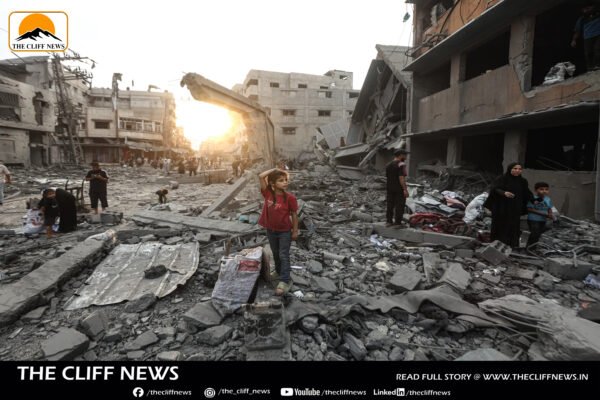At least 95 Palestinians were killed on Monday following a series of Israeli airstrikes across Gaza, with devastating attacks reported on a seaside cafe, a school sheltering displaced families, food distribution points, and the courtyard of a hospital. The violence marks another bloody chapter in Israel’s 22-month-long war on the besieged enclave. Deadly Strike on Gaza City Cafe Among the worst-hit areas was Al-Baqa cafeteria in northern Gaza City, where 39 people, including women, children, and journalist Ismail Abu Hatab, died in a sudden airstrike. Witnesses described horrific scenes. “We found people torn apart,” said local resident Yahya Sharif. “It was a birthday party. No politics, no military links. Just families trying to find relief from the heat.” The bombing left a large crater and destroyed the entire structure. Al Jazeera’s Hani Mahmoud confirmed that no warning was issued before the strike. Attacks on Schools, Food Sites, and Hospitals Elsewhere in Gaza City, at least 13 people were killed at a food distribution warehouse in the Zeitoun neighbourhood. Another Israeli strike hit the Yafa School, which had been sheltering hundreds of displaced people. Evacuation warnings reportedly gave residents just five minutes to flee. In central Gaza, Israeli forces targeted the Al-Aqsa Martyrs Hospital courtyard in Deir el-Balah, where thousands had taken refuge. “The blast was just 10 meters from us,” said Al Jazeera’s Tareq Abu Azzoum. “There was no warning. This hospital has now been targeted at least ten times.” Gaza’s Government Media Office condemned the attack as a “systematic crime” against the territory’s collapsing health system. Attack on Aid Sites in Khan Younis In southern Gaza, at least 15 Palestinians were killed and over 50 wounded while waiting for food at a distribution point operated by the Gaza Humanitarian Foundation (GHF) in Khan Younis. Nearly 600 civilians have been killed in similar aid site attacks since GHF, backed by the U.S. and Israel, took charge of limited deliveries in late May. The Israeli military acknowledged civilians were harmed at these sites and claimed that lessons were being implemented. However, Haaretz reported that Israeli soldiers admitted to deliberately firing at civilians, even when they posed no threat. Forced Displacement and Ground Escalation Reports also indicate Israeli tanks entered the Zeitoun suburb of Gaza City, shelling civilian areas and prompting more evacuation orders in northern Gaza. Over 80% of Gaza’s territory is now either militarised or under displacement threats, according to the United Nations. “Explosions never stopped; they bombed schools and homes. It felt like earthquakes,” said Salah, a father of five from Gaza City. “We keep hearing about a ceasefire in the news, but all we see is death.” The escalating violence, home demolitions in Khan Younis, and renewed forced evacuation warnings have sparked fears of a new ground invasion by Israeli forces. As international talks for a potential ceasefire continue, the humanitarian situation in Gaza remains dire, with hospitals overwhelmed, food shortages deepening, and civilians left with nowhere safe to turn.
















